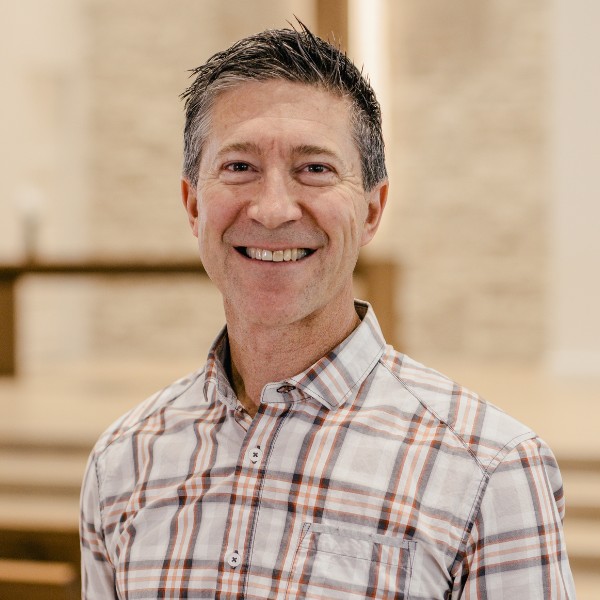“How comes it to pass that no one lives content with his condition?” – Horace
“But in contentment I still feel the need for an imperishable bliss.” – Wallace Stevens, Sunday Morning
“I can’t get no satisfaction.” – Mick Jagger
There is a strange and consistent belief that contentment in this life is both attainable and elusive. It is strange because we all seem to believe it — satisfaction is within reach if we could just get that one last thing we’ve been longing and striving for. It is consistent because no matter how successful, fortunate or spared by major tragedy we are, there is something ineffable that is still missing. Horace, the Roman poet of the first century before Christ, noted this truth. Wallace Stevens, the early 20th century poet affirmed it even when we feel content. And Mick Jagger, the 1960’s poet/rocker captured it perfectly. If Jagger, who has the moves, fame, wealth, and 50+ years of rock-star living under his belt can’t find it, maybe it can’t be found!
We don’t want to believe it can’t be found. Contentment and pure satisfaction are right around the corner, aren’t they? This myth starts early in life. We are all like Ralphie in A Christmas Story – once we have that “Red Ryder Carbine Action 200-shot Range Model air rifle,” life will be complete. But then the rifle gets boring and we set our sights on the next thing – “when I get to high school, I’ll have so much more fun.” “When I turn 16 and get my license, then I’ll be free.” “When I’m finally finished with high school and get to college, the party will begin.” “When I finally graduate and start making money and I’m out in the ‘real world,’ then I’ll be doing something with my life.” “When I get married, I’ll have someone who will fulfill me.” “When we start having kids our lives will have so much more depth and purpose.” “When I get that next house, the one we’ll raise our kids in, then we can relax and enjoy.” “When I finally retire, I’ll have time for the things I enjoy.”
Exactly one year ago this week I had just finished my last sermon before a 3-month sabbatical. I was awarded a grant that allowed me to spend a couple weeks in Colorado biking, and gave us the means to travel through Europe as a family where we visited historic Reformation sites. What more could I want?! I was so excited. A year later, I look back on that amazing experience, and feel . . . thankful, yes. But also like it was a distant dream. It happened, and we learned a lot, and it was wonderful. I certainly don’t look back and think, “now my life is complete. I am utterly satisfied.” An amazing few months, yes. “Imperishable bliss?” Not even close.
A thousand years or so before Horace lived, Solomon wrote Ecclesiastes. He was likely at the end of his time on earth. He lived a big, fabulous life – even bigger and more fabulous than Sir Michael Phillip Jagger. Yet his constant refrain was “vanity!” The Hebrew word literally means a vapor, a puff of smoke that you try “in vain” to grasp hold of. His observations are sobering:
Vanity of vanities, says the Preacher, vanity of vanities! All is vanity (1:2).
All things are full of weariness; a man cannot utter it (1:8).
And I thought the dead who are already dead more fortunate than the living who are still alive. But better than both is he who has not yet been and has not seen the evil deeds that are done under the sun (4:2-3).
Yikes. This doesn’t sound like “your best life now.” And yet, there is deep wisdom we can glean from Solomon’s musings at the end of his life. We will take a look at this book together over the next few months, exploring why it is that, whether Christian or not, we find life to be not-quite-fully fulfilling, though we long for it to be. May this longing lead us to explore and apply Ecclesiastes to our brief lives, that we might “fear God and keep His commandments” (12:13).
Pastor David


